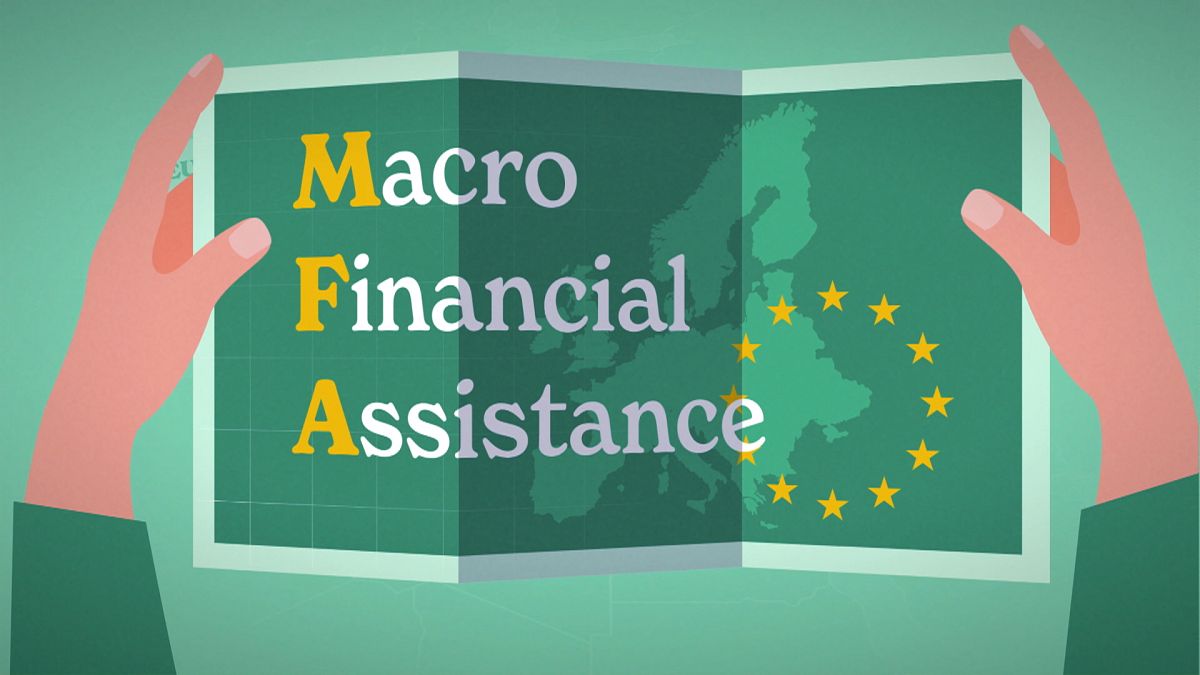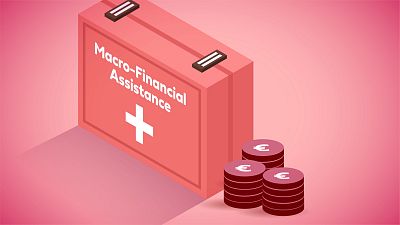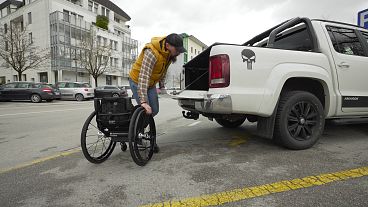Through the Macro-Financial Assistance, the EU is giving €3 billion to ten enlargement and neighbourhood partners to help them limit the economic fallout of the coronavirus pandemic. Who is included and what are the conditions?
What is Macro-Financial Assistance?
Macro-financial assistance (MFA) is a form of financial aid given by the EU to its neighbouring partner countries. It is generally paid to the country’s central bank and used by the government to stabilise its public finances.
It takes the form of medium or long-term loans and occasionally grants, or a combination of both. The loans are provided on highly concessional terms and with the current low-interest rates in the markets.
Why now?
In response to the COVID-19 pandemic, the European Commission is providing €3 billion in emergency assistance to ten of its neighbouring countries to help cushion the worst of the economic fallout from the pandemic.
Who is MFA given to?
MFA is designed for countries geographically, economically and politically close to the EU. These include countries that are candidates to become part of the EU, countries that are potential candidate countries, and countries bordering the EU covered by the European Neighbourhood Policy.
How do countries sign up for MFA?
To receive MFA financing, countries must have signed up to various conditions. These include having a financing programme with the International Monetary Fund (IMF).
Countries also need to meet conditions for respecting human rights, implementing democratic, economic and governance reforms and crackdown on corruption.



